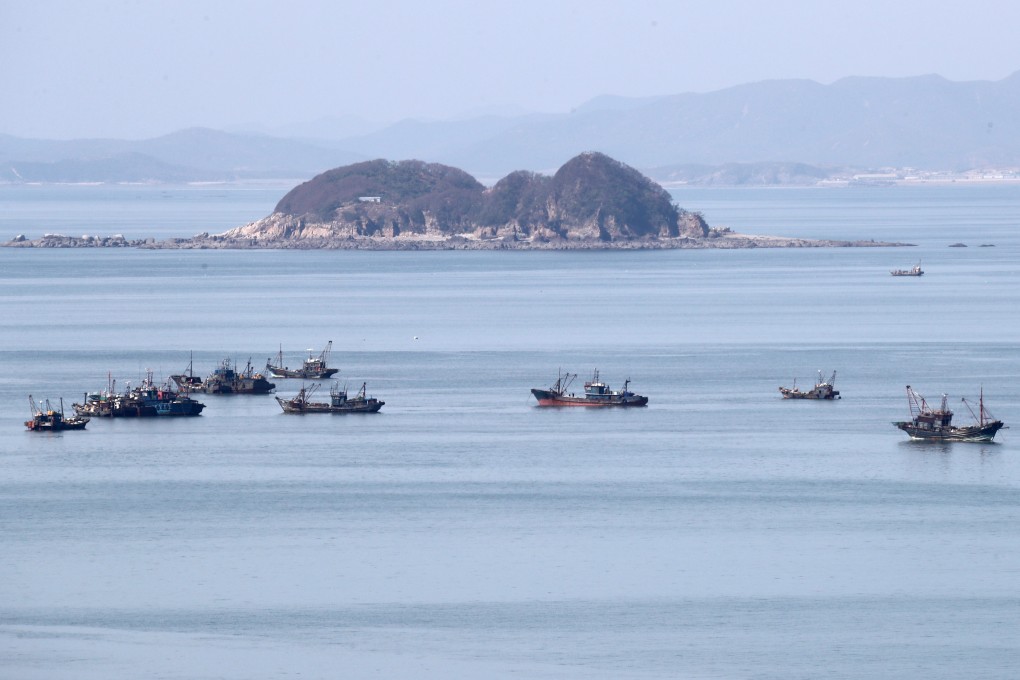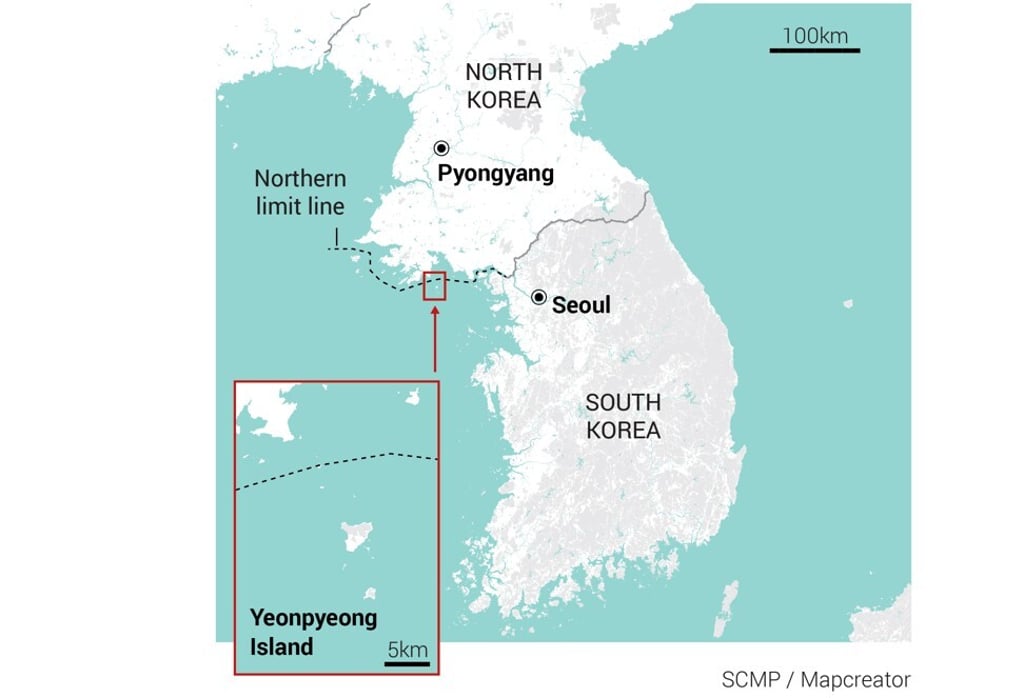Hundreds of illegal Chinese fishing boats are taking our catches: South Korea
- A surge of Chinese fishing vessels has entered the waters near the sea border between South and North Korea, reigniting a long-standing maritime dispute
- South Korean authorities and fishermen say the boats enter under the cover of darkness and ‘sweep up everything’ in their path, while leaving a trail of environmental destruction behind them

Hundreds of Chinese fishing boats operating illegally along the sea border between South and North Korea are decimating local catches and damaging the environment, according to South Korean authorities and fishermen.
In a development that has reignited a long-standing point of contention between Seoul and Beijing, a great surge of Chinese vessels has entered the waters surrounding the Northern Limit Line in the Yellow Sea.
“This is about three times as many as last year’s number,” said Shin Joong-geun, the leader of a fishermen’s association on Yeonpyeong Island. “From this island, you can easily see fleets of Chinese fishing boats operating near the Northern Limit Line.”
South Korea’s Minister of Oceans and Fisheries Moon Seong-hyeok said on Friday that illegal fishing must be “completely eradicated” and warned that from next year the country would employ drones and artificial intelligence to boost its maritime surveillance systems.
